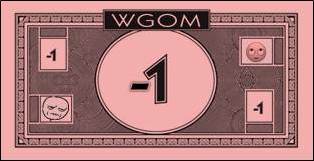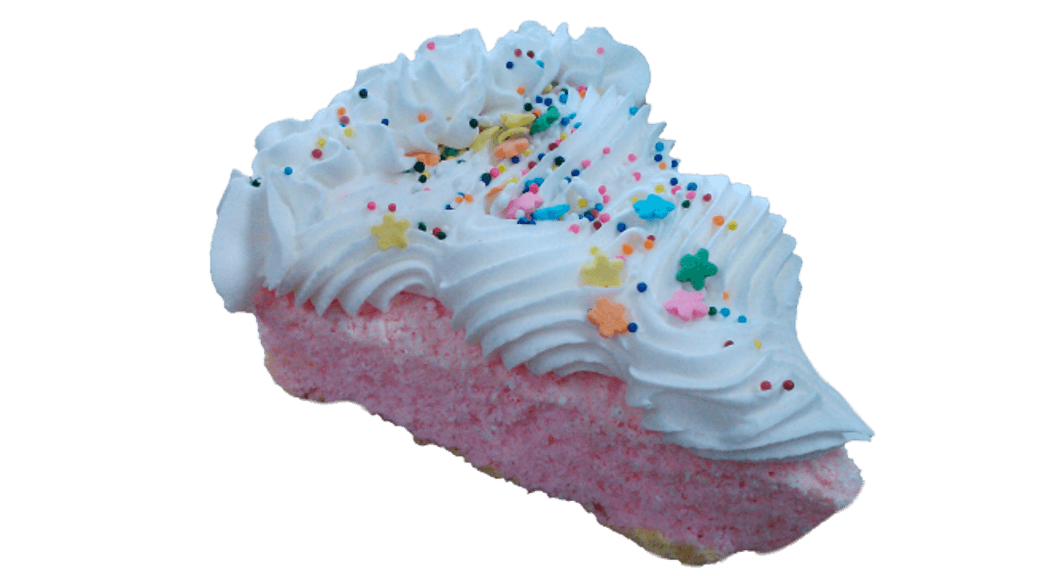Due to personal time constraints, this is a reprint from last year which has not been updated.
Fred Jacklitsch (1876)
Jack Pfiester (1878)
Joe Oeschger (1892)
Willy Miranda (1926)
Ellie Rodriguez (1946)
Rob Ducey (1965)
Carlos Hernandez (1967)
Todd Rizzo (1971)
Danny Bautista (1972)
Bartolo Colon (1973)
Brad Penny (1978)
Adam Conley (1990)
Adam Conley was drafted by Minnesota in the thirty-second round in 2008 but did not sign.
Infielder Guillermo (Perez) “Willy” Miranda did not play for the Twins, but was in their minor league system in 1961 at the end of his career. He was born in Velasco, Cuba and signed with Washington as a free agent in 1948. He was in the Washington farm system through 1951, spending three of those four seasons at AA Chattanooga. He did not hit much, averaging around .240, but got about six weeks in the majors as a reserve in 1951, going 4-for-9 in sparing use. He made the big leagues for good in 1952, although he moved around for a while. Washington traded him to the White Sox after the 1951 season, the White Sox traded him to the Browns in mid-June, the Browns put him on waivers two weeks later and he was selected by the White Sox again, he was traded back to the Browns after the 1952 season, he was sold to the Yankees in mid-June of 1953, and he was traded to the former Browns, now the Baltimore Orioles, after the 1954 season (the latter trade involved seventeen players, the largest swap between two teams in baseball history). He was a reserve in those years, known as a slick fielder, as tremendous with the glove as he was awful with the bat (many contemporaries proclaimed him the best-fielding shortstop they’d ever seen, while at the plate one manager said that “his weakness is pitched balls.”) The Orioles made him their regular shortstop in 1955, and he responded with his best offensive season. He still only hit .255 with no power, but it was enough for him to retain the shortstop job in 1956. He dropped to .217 that year, however, and his days as a regular were over. He stayed with the Orioles as a reserve through the 1959 season, but was traded to the Dodgers in mid-March of 1960. He spent the season in AAA and then found his way to the Minnesota system, playing at AAA Syracuse in 1961. He hit pretty much as he always had, majors or minors: .230/.307/.295 in 278 at-bats. That brought his playing career to an end. For his major league career, Willy Miranda hit .221/.282/.271 in 1,914 at-bats over nine seasons. After his career ended, Miranda moved back to Baltimore. Willy Miranda passed away from lung cancer on September 7, 1996.
Left-hander Todd Michael Rizzo did not play for the Twins, but was in their farm system in 2000. He was born in Media, Pennsylvania, went to high school in Concordville, Pennsylvania, and signed with the Dodgers as a free agent in 1992. He pitched in A ball for them that season, but did not do much and was released in June of 1993. He pitched in the Texas-Louisiana League in 1994 and caught the attention of the White Sox, who signed him for the 1995 season. Used exclusively in relief, he climbed the ladder at a pace of a level a season, posting good ERAs with high WHIPs. He was in AAA in 1997 and started 1998 in the majors. The Sox appear to have tried to use him as a LOOGY, but in a small sample size left-handers absolutely murdered him (11-for-19) while he did okay against righties (5-for-20). He went 0-0, 13.50 in 6.2 innings spread over nine appearances, which sounds worse than it was as all the runs scored on him came in three of the nine outings. Still, he was back in the minors by the end of April. He stayed there most of the rest of his career, getting one more brief shot at the majors for a week in July of 1999 with similar results. He became a free agent after the season and signed with Minnesota. Rizzo was with AAA Salt Lake all of the 2000 season, going 6-4, 3.39, 1.44 WHIP in 72.1 innings (62 appearances). He moved on after the season, pitching in the Dodgers’ and Giants’ organizations in 2001 and then playing for Camden in the independent Atlantic League from 2002-2006 with the exception of a stint in the Baltimore system in 2003. At last report, Todd Rizzo was an instructor for Maplezone Sports Institute in the Philadelphia area.
Right-hander Bartolo Colon made fifteen starts for the Twins in 2017. He was born in Altamira, Dominican Republic, went to high school in Puerto Plata, Dominican Republic, and was signed by Cleveland in 1993. He pitched quite well in the minors and made the big club out of spring training in 1997. He was up and down a couple of times that year, but came up to stay at mid-season. He struggled that year, but came into his own in 1998, going 14-9, 3.71 and making his first of four all-star teams. He remained with the Indians through mid-season of 2002 and was a good pitcher all of that time, finishing fourth in Cy Young voting in 1999. He was then traded to Montreal and finished the season there, ending up sixth in Cy Young voting in 2002. He was traded to the White Sox for 2003, then signed as a free agent with the Angels in 2004. He won the Cy Young award in 2005 when he won twenty games for the only time in his career. He then struggled through some injury-plagued seasons, appearing in only forty-eight games from 2006-2009 and missing all of 2010. He came back with the Yankees in 2011 and then had two very good seasons for Oakland from 2012-13, finishing sixth in Cy Young voting in the latter season. He then went to the Mets for three seasons, making his fourth all-star team in 2016. It looked as if that would be his last hurrah, though. He signed with Atlanta for 2017, made thirteen mostly bad starts, and was released in mid-June. The Twins signed him in mid-July. He made a few good starts for them, but his numbers for Minnesota were 5-6, 5.18, 1.44 WHIP in 80 innings (15 starts). It looked like that might be it for him, but he signed with Texas for 2018. He has pitched surprisingly well there, going 2-2, 3.51, 0.92 WHIP in 56.1 innings (10 games, 8 starts). He turns forty-five today. If, ten years ago, you had asked which pitcher in his thirties was likely to still be pitching at forty-five, Bartolo Colon would not have been very high up on your list. Yet, here he is. Whatever happens from here on, he's had a very fine major league career.

